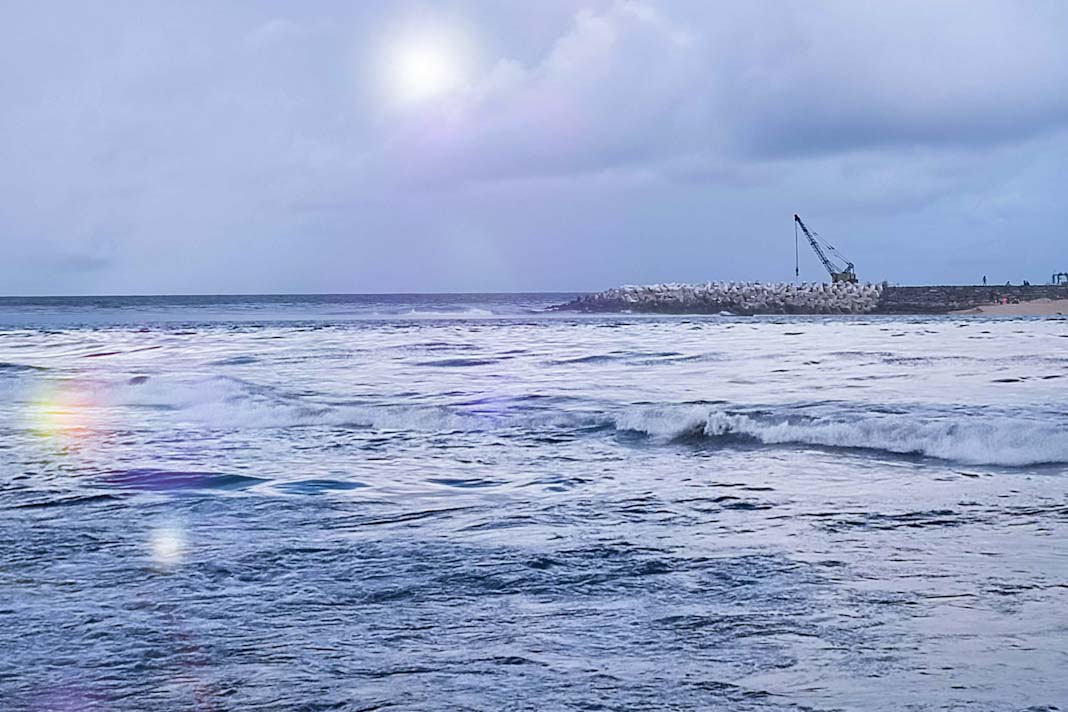- Seafarers’ health onboard is jeopardized by dehydration, increasing the risk of kidney stones.
- Kidney stones can pose serious health risks, especially in environments where hydration may be overlooked.
- Seafarers, with their demanding schedules, must prioritize hydration to mitigate the risk of kidney stones and maintain overall well-being.
Kidney stones are crystalline formations that develop in the kidneys due to the accumulation of minerals and waste products. They can cause intense pain and discomfort as they pass through the urinary tract, often accompanied by symptoms like flank pain and blood in the urine.
The Role of Hydration
Adequate hydration plays a crucial role in preventing kidney stones by ensuring the urine remains diluted, reducing the likelihood of stone formation. Seafarers should aim to consume sufficient fluids daily, primarily through water intake, to promote kidney health and minimize the risk of stone development.
Monitoring Hydration Levels
Regular monitoring of hydration levels is essential for seafarers to prevent kidney stones. Monitoring urine output and color can provide valuable insights into hydration status, with lighter-colored urine indicating proper hydration and darker urine signaling dehydration.
Additional Risk Factors
In addition to hydration, various risk factors contribute to kidney stone formation, including dietary choices, genetics, medication use, and underlying medical conditions. Seafarers should be aware of these factors and take proactive measures to mitigate their impact on kidney health.
Preventive Measures
To reduce the risk of kidney stones, seafarers can implement the following preventive measures:
1. Hydration: Prioritize drinking plenty of fluids, especially water, throughout the day to maintain optimal hydration levels and prevent stone formation.
2. Dietary Modifications: Adopt a balanced diet low in sodium, animal proteins, and high-oxalate foods while incorporating fruits, vegetables, and plant-based proteins.
3. Salt Limitation: Limit salt intake by choosing fresh, minimally processed foods to reduce the risk of stone formation.
4. Calcium Inclusion: Ensure adequate calcium intake, as low calcium levels can increase the risk of kidney stones.
5. Monitoring and Awareness: Stay vigilant of hydration levels, dietary choices, and symptom changes, seeking medical attention if necessary to address any underlying issues.
Did you subscribe to our daily Newsletter?
It’s Free! Click here to Subscribe
Source: Safety4sea























